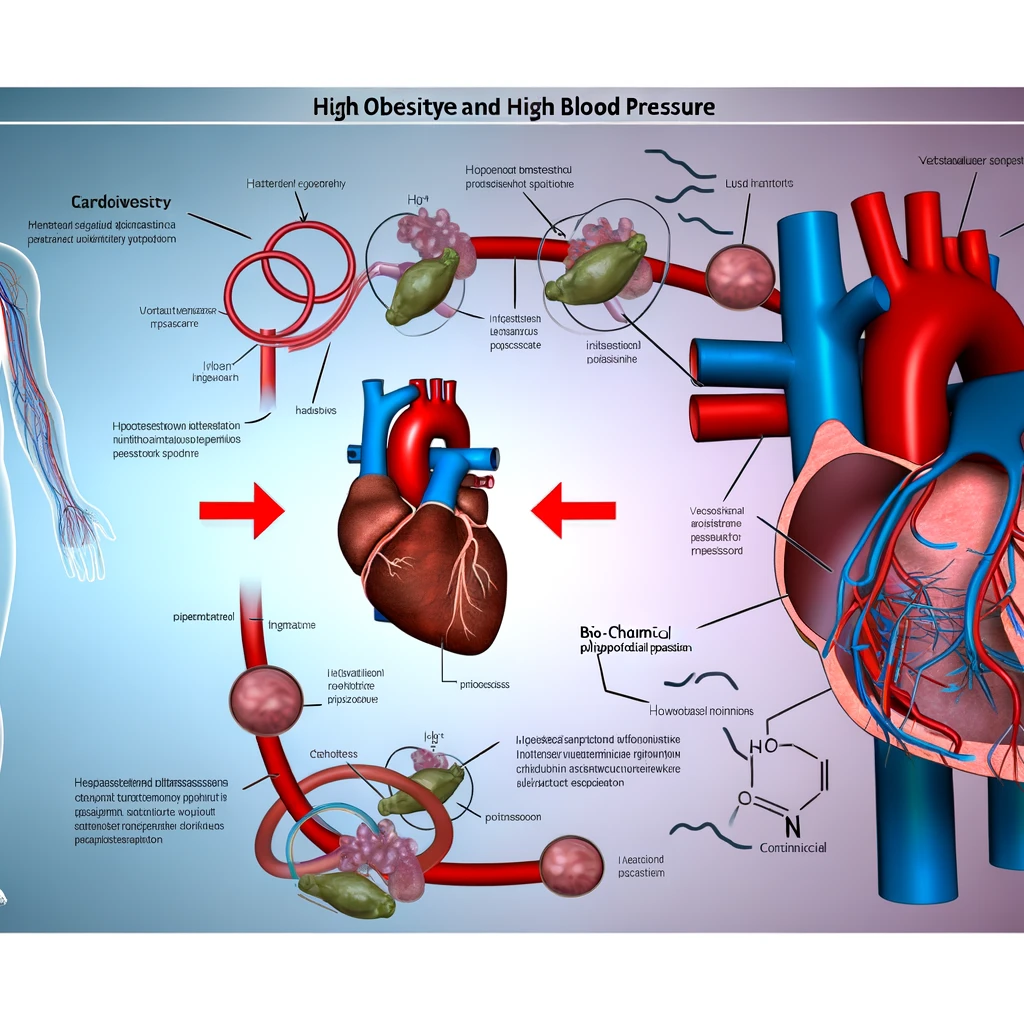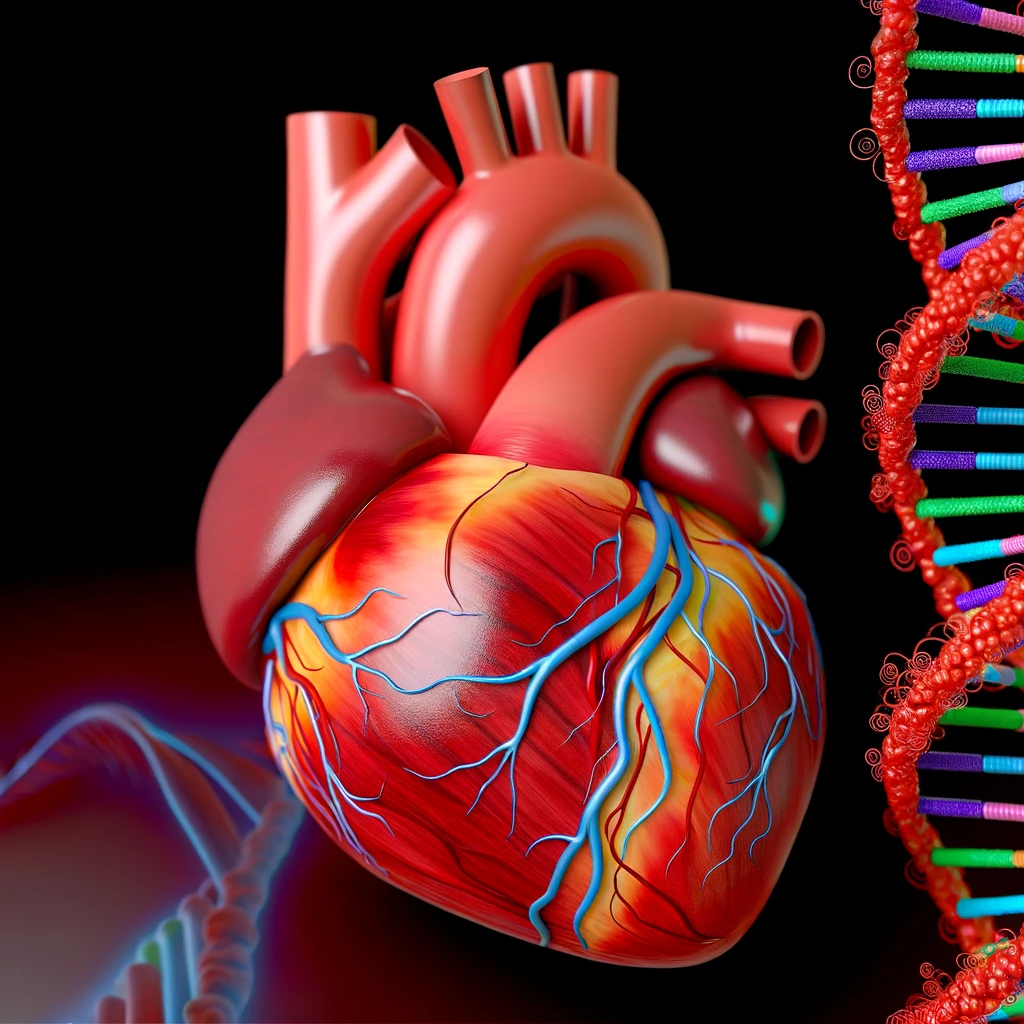Related Articles









The intricate relationship between genetics and cardiovascular health has been a subject of extensive research. Heart rate and blood pressure are two critical indicators of cardiovascular function, and their regulation is influenced by a complex interplay of genetic and environmental factors. This article delves into the genetic underpinnings of heart rate and blood pressure, shedding light on how these factors contribute to overall cardiovascular health.
Heart rate, the number of times the heart beats per minute, can vary significantly among individuals. While physical fitness, age, and lifestyle factors play a role, genetics also have a significant impact. Certain genetic variants are associated with resting heart rate, influencing both the electrical conduction system of the heart and the autonomic nervous system, which regulates involuntary functions such as heartbeat.
Research has identified several genetic markers linked to heart rate. For instance, the SCN10A gene is known to play a role in the electrical conduction system of the heart, influencing heart rate. Variants in the HCN4 gene, which encodes a protein involved in the heart's pacemaker activity, also contribute to heart rate variability. Understanding these genetic factors helps in identifying individuals at risk of arrhythmias and other heart rate-related disorders.
Blood pressure, the force of blood against the walls of arteries, is another vital measure of cardiovascular health. Like heart rate, blood pressure is influenced by both genetic and environmental factors. High blood pressure, or hypertension, is a major risk factor for cardiovascular diseases, making the understanding of its genetic basis crucial.
Several genes have been implicated in blood pressure regulation. The AGT gene, which encodes angiotensinogen, plays a crucial role in the renin-angiotensin system that regulates blood pressure. Variants in the ACE gene, responsible for encoding the angiotensin-converting enzyme, have also been associated with variations in blood pressure levels. These genetic insights are essential for developing personalized treatment strategies for hypertension.
The advancements in genetic research have paved the way for personalized medicine, where genetic information can guide individualized treatment plans. Genetic testing can identify individuals with a predisposition to certain cardiovascular conditions, allowing for early interventions and tailored lifestyle modifications. By understanding one's genetic makeup, healthcare providers can recommend specific dietary changes, exercise regimes, and medications to manage heart rate and blood pressure effectively.
While genetics play a significant role, it is important to recognize the impact of environmental factors on heart rate and blood pressure. Lifestyle choices such as diet, physical activity, stress management, and smoking cessation can mitigate genetic risks. A comprehensive approach that combines genetic insights with lifestyle modifications offers the best strategy for maintaining optimal cardiovascular health.
The role of genetics in heart rate and blood pressure is a testament to the complexity of cardiovascular health. Understanding the genetic factors involved offers valuable insights into the prevention and management of related disorders. As research continues to evolve, the integration of genetic information into clinical practice promises to enhance the precision of interventions, paving the way for improved cardiovascular outcomes.